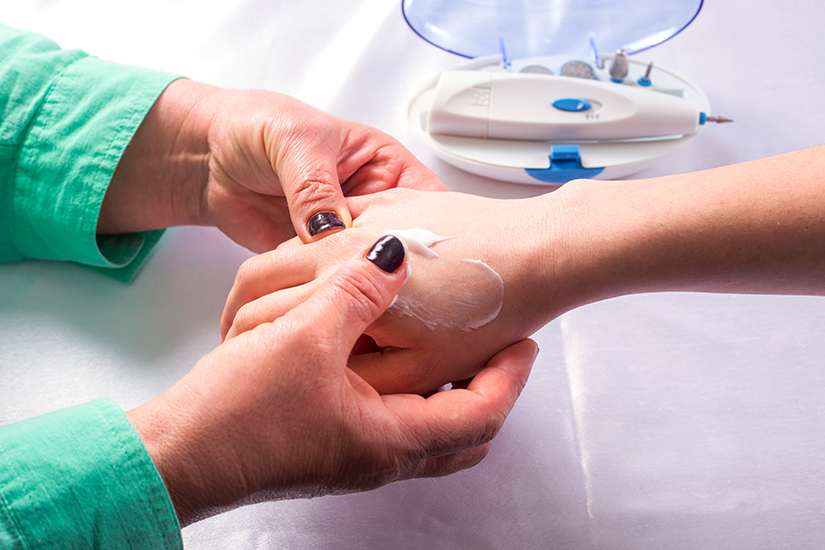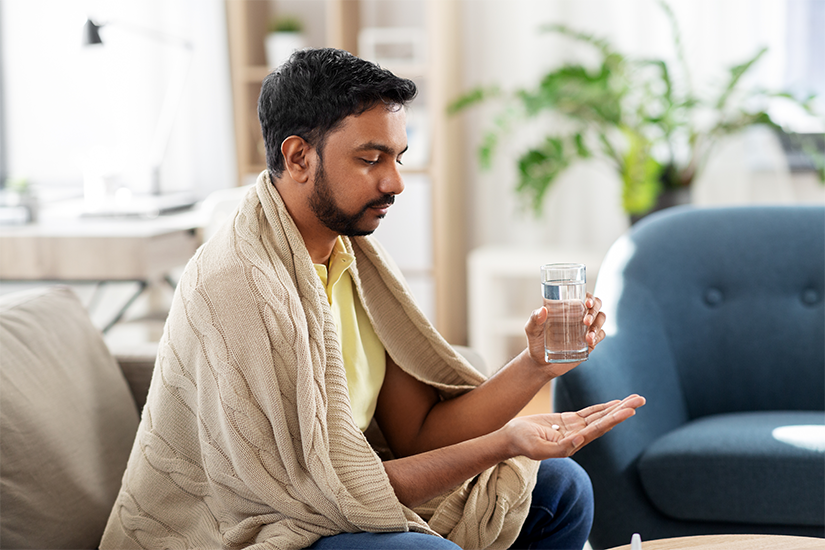- Emergency Ambulance Services
- 8606811111
- 0471-4077777, 0471-7177888
- gro@sutpattom.com
Understanding Burns and their Treatment
Dr. Remya R Krishnan, Emergency Physician, SUT Hospital, Pattom
Burns are common injuries that can occur in various situations such as contact with steam or boiling water, exposure to strong chemicals like acids or alkalis or incidents involving electric shock or lightning. Regardless of the cause, understanding how to treat burns promptly and correctly can help prevent complications and reduce the severity of injury.
What Not to Do when treating Burns
Avoid applying substances like toothpaste, turmeric, honey, ghee or salt on burns. These can trap heat in the skin and worsen the injury, potentially turning a mild (first-degree) burn into a more severe (second-degree) one. Do not apply ice or ice water, as this can cause tissue damage.
If clothing catches fire—especially garments like sarees—follow the Stop, Drop, and Roll method to extinguish flames. Do not try to pull off clothing stuck to the burn and never pop burn blisters or apply dressing to open blisters at home.
Immediate First Aid for Burns
Begin by moving the person away from the source of the burn. Cool the burn by holding it under running tap water for at least 15 to 20 minutes. If the face or chest is affected, apply a clean, wet cloth and change it regularly. Remove any jewellery or tight clothing near the burn site quickly to prevent further complications due to swelling.
Effective Ointments
Silver sulfadiazine cream is a widely used burn ointment. When combined with lignocaine, it also offers pain relief through its mild anesthetic effect along with a soothing, cooling sensation.
When to consult a Doctor?
Seek immediate medical attention for burns involving children, elderly individuals or people with diabetes. Professional care is also crucial for chemical or electrical burns, burns larger than a postage stamp size and those affecting the face or private areas. Signs of infection such as pus, fever or increasing pain require prompt evaluation.
Burns are serious injuries, but with the right first aid and awareness, complications can be significantly minimized.









